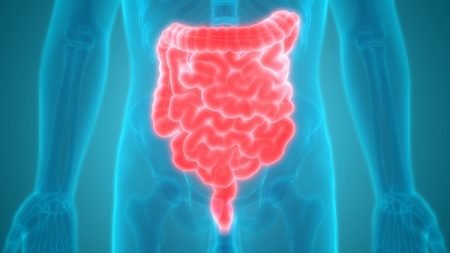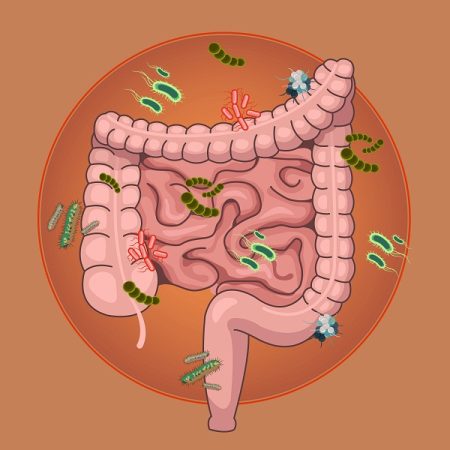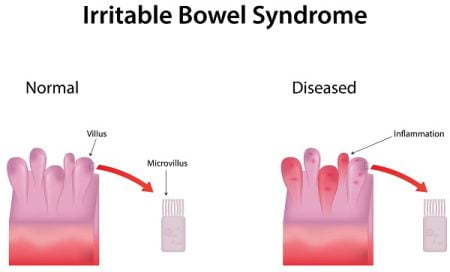Browsing: Irritable Bowel Syndrome
Comprehensive Information, Resources, and Support on Irritable Bowel Syndrome
Hi friends! Welcome to The Gastro Minute once again. Today, let’s talk about another important topic — how to know…
The Link Between Stress and Digestive Health: The Gastro Minute
Hi everyone, welcome to The Gastro Minute! Today, let’s talk about something many of us overlook — how stress impacts…
When it involves dealing with gastrointestinal conditions such as irritable bowel syndrome with diarrhea (IBS-D) or hepatic encephalopathy, Xifaxan (rifaximin)…
IBS Pain is the strongest symptom experienced by patients with irritable bowel syndrome (IBS). Most people with IBS experience continuous or frequent abdominal pain. The pain is generally accompanied with changes in your bowel movements such as diarrhea, constipation, etc. The pain may get worse after eating, and relieved after a bowel movement.
The symptoms of irritable bowel syndrome (IBS) can be managed by making changes in your diet and lifestyle. In some cases, medicines and psychological treatments are needed. Irritable bowel syndrome disease doesn’t have a cure. Your doctor will try to manage the symptoms through diet changes, medicines, probiotics, and psychological therapies.
If you suspect you may have irritable bowel syndrome (IBS), it is important that you meet your general physician or a gastroenterologist to seek medical advice and for the diagnosis of the condition. IBS symptoms are similar to other gastrointestinal (GI) disease such as diverticulitis, polyps, Celiac disease etc.
What Are Signs and Symptoms of Irritable Bowel Syndrome?
Irritable bowel syndrome (IBS) affects significant number of people worldwide. The disease causes changes in your bowel movements. The most common sign of IBS is lower abdominal pain that may improve after bowel movements. Mostly, people have flare-ups of symptoms that may last a few days. The symptoms often improve after that.
Irritable bowel syndrome is a type of gastrointestinal (GI) disorder. What exactly causes IBS is not known. Doctors believe that a combination of certain factors and problems with your GI tract can cause IBS. Certain health problems are known to cause or worsen IBS symptoms. Brain-gut signal problems can lead to IBS.
What You Should Know About Irritable Bowel Syndrome?
Irritable bowel syndrome is a gastrointestinal problem which changes the function of your digestive system. The disease mainly affects your large intestine and leads to abdominal pain, cramping, and a change in the pattern of bowel movement. A person may suffer from either diarrhea or constipation. There is no cure for it.
Patients suffering from irritable bowel syndrome should monitor their diet on a regular basis. Certain foods drinks and ingredients act as triggers for IBS symptoms. These food items can alleviate your IBS symptoms significantly. You should avoid such foods in your diet. Consult a doctor to help you design an IBS diet plan as per your condition.













